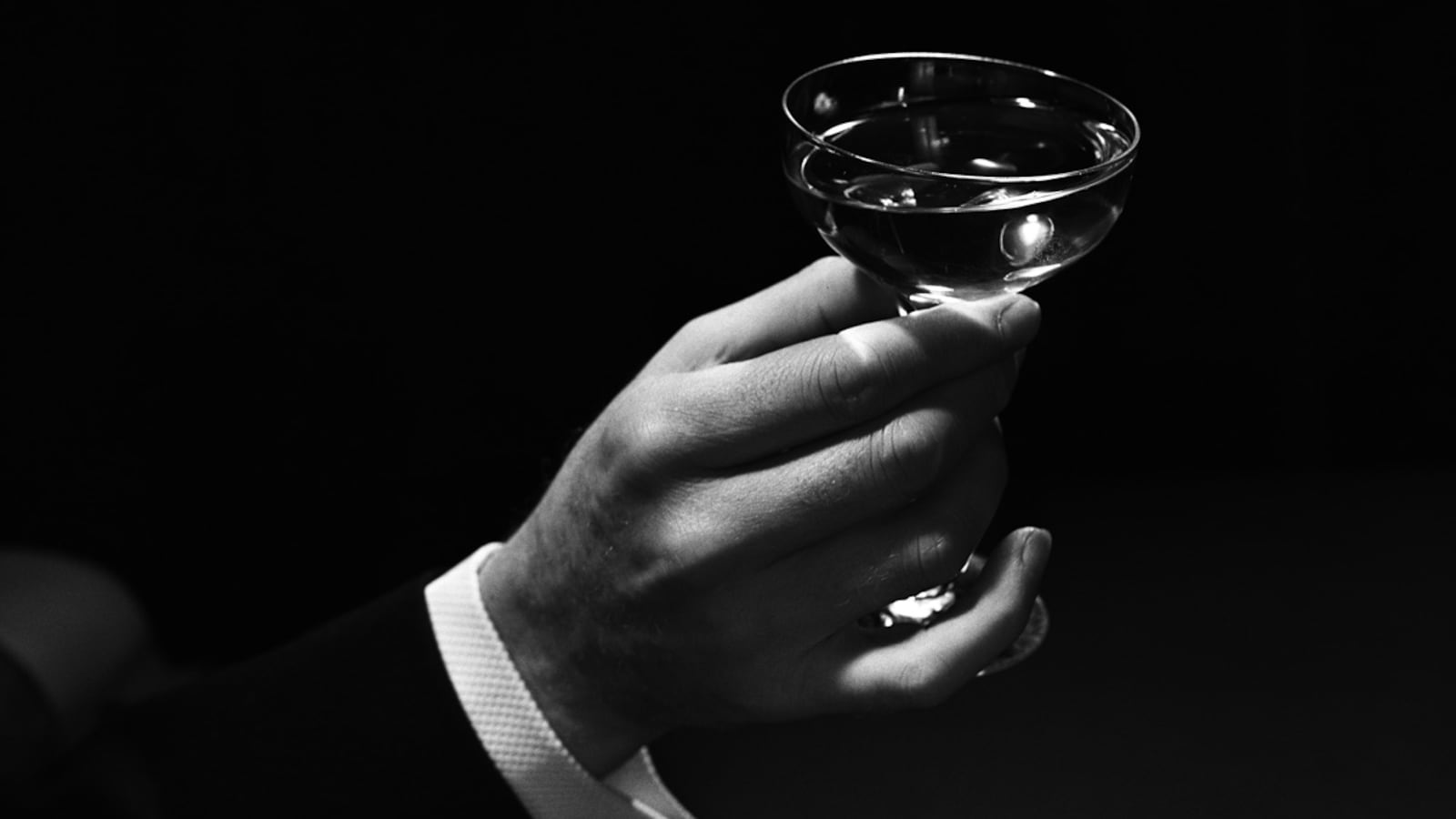When I sat down with novelist Richard Mason at Aroma Espresso Bar on the Upper West Side to talk about his fourth novel, History of a Pleasure Seeker, we talked first about the digital age—he’s been developing a literary app to accompany the new novel—and organic farming.
“I’ve been living on a hillside with some twenty to thirty Xhosas,” he said about the tent in the rural Eastern Cape of South Africa, his homeland, where he lives and works on a permaculture farming project funded with profits from his writing.
Charitable work in South Africa has become, it seems, Mason’s way of grounding himself after the shock of overnight success with his first novel. The Drowning People, written while he was in his teens and published in 1999, when he was still an undergraduate at Oxford. The novel’s opening page is a grabber: "My wife of more than forty-five years shot herself yesterday afternoon….It was I who killed her.” The seventy-year-old narrator reveals his secrets in the course of the book. The Drowning People was a literary phenomenon—the Times of London dubbed Mason “the current king of the hot young writers,” inciting a predictable backlash of envy. The novel has sold 5 million copies in 20 languages. The glare of attention ripped its young author from the cocoon of art, and it took him a long time to rediscover the joy of telling a story, he said.
Mason put the profits into a charity he set up with Desmond Tutu as patron. The Kay Mason Foundation, named after a sister who died when he was young, has funded some 100 scholarships so promising South African youngsters can attend the country’s best schools. Mason went on to write Us, in which classmates meet up ten years after university, and Natural Elements, based on his great grandmother’s incarceration by the British during the Anglo-Boer war (1899-1901).
His new novel History of a Pleasure Seeker is an elegantly written, sexy novel about a young man who makes his way to success in Belle Époque Amsterdam, beginning as a tutor to the musically gifted but troubled young son of a wealthy couple—Maarten and Jacobina Vermeulen-Sickerts.

At 24, Piet Barol is a charmer, trained by his French mother to appreciate classical music, fine food and wine, and other pleasures. “The adventures of adolescence had taught Piet Barol that he was extremely attractive to most women and to many men,” Mason writes in another grabber of a first sentence. In short order Piet makes a secret conquest of the lady of the house, while also making an impression on her husband, their two marriageable daughters, and other servants in the luxurious household.
Mason researched the novel while living for months in Amsterdam. He selected as his key location a landmark house along the Gilded Curve that is now a museum, and interviewed the museum director at length.
“It’s called the Willet-Holthuysen Museum. Its entrance hall, staircase, façade and octagonal room are exactly like the Vermeulen-Sickerts’, but the rest of the house in the novel is imaginary. Some details I took from other houses—like the mechanical wall between salon and music room, which disappears into the floor to make space for a dance floor. I saw that in the Jacquemart-André House in Paris.”
Mason weaves into his plot historic events like the Crash of 1907 and the building of New York’s Plaza Hotel. “Maarten is a fictional character, but his life intersects with real events—and they are scrupulously accurate,” Mason explained. “The banking panic of 1907 did happen, in exactly the way described. The Plaza did have over 1,000 crystal chandeliers when it opened. Sometimes life intersects with fiction. Sketching a scene in an early notebook, I made the first name in the Plaza’s visitors’ register Vanderbilt. It turns out that that is the first name in the visitors’ register.”
The novel describes Piet’s many and varied sexual encounters. How did Mason approach the question of writing about sex? “On a publicity tour for my last book, a reader chastised me for avoiding sex. It occurred to me then that with many notable exceptions (Alan Hollinghurst; Brett Easton Ellis; Edmund White; Emile Zola) most writers do. We follow the characters to the bedroom door; and the next thing the reader knows it’s morning. But what happened in the intervening hours is crucial.
“The distinction between pornography and literary writing about a character’s erotic experience is psychological. As soon as the description degenerates into who-put-what-where, it’s useless. We want to know what people are feeling—emotionally and physically.
“It took a certain amount of nerve to hold true to a decision I made early on: to treat the characters’ sexual experiences as an intrinsic part of who they are. For me, this is a moral decision.
“I made two stylistic rules: that the narrator would not be embarrassed, whatever happened; and that I would call each body part what it is, and avoid lurid euphemisms.”
Music adds to the sensuality of the book. “I get the emotional shape of a story in music,” Mason said. “Piet uses music to create an atmosphere in a room.” To please Jacobina upon their first meeting, he plays a Chopin nocturne and selections from Carmen; in an ironic bonding moment with her husband, he sings Bizet’s Pearl Fishers duet with Maarten.
In keeping with the period, Mason wrote the novel by hand, in an oversize hand-stitched leatherbound notebook bound in sky blue. “Microsoft Word is no good for fiction,” he said. “You don’t see the archeology of the text.”
Mason is drawn to new technology himself. He’s been developing a literary app for the novel—“Not an e-book,” he emphasized—that would combine the pleasures of reading the book with added visual and auditory elements (the “sights and sounds,” as he puts it). These include a narration by Downton Abbey’s Dan Stevens. It’s in the works for late spring. Mason’s preview of the app in late January at the American Booksellers Association’s Winter institute in New Orleans “created a huge buzz,” according to Publishers Weekly. (There’s a sample at www.barol.com.)
Meanwhile, Mason is writing the further pleasure seeking adventures of Piet Barol beginning in Johannesburg in 1913.






